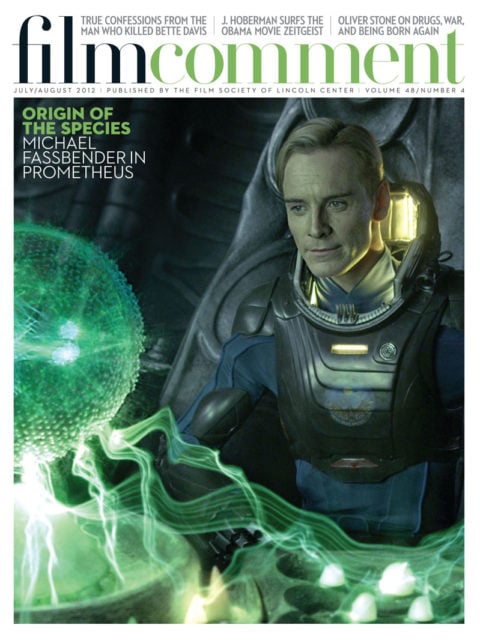
To those few who are actually familiar with his work, Philippe Garrel is known for his intensive focus on a limited set of preoccupations and obsessions—suicide, drug addiction, the tension between individual freedom and responsibility, the memory of May ’68, and above all the ghost of his relationship with Nico. In 1989, Emergency Kisses inaugurated one more powerful but littleremarked strain in his art: the passage from romantic love to domesticity and its ongoing negotiations and niggling adjustments. With A Burning Hot Summer (a ramped-up translation of Un été brûlant), Garrel delves back into terrain he last explored in the underrated Phantom Heart (96), but from a fresh perspective. For the first time, his surrogate, Paul (Jérome Robart), is an observer rather than a protagonist, Nick Carraway to Louis Garrel’s Gatsby-ish sybarite Frédéric. Like Nick, Paul is also the story’s narrator, which he is remembering from an indeterminate distance in time. What has always been latent in Garrel’s movies, where the action seems to be endlessly replaying as a crystallized eternal present within the chamber of memory, is fully manifest in Summer. And where previous Garrel films have focused on one couple in a state of transition, his new film explores the precariously delicate emotional landscape of two couples at close quarters.
A Burning Hot Summer was inspired by the relationship between Garrel’s old friend, the painter Frédéric Pardo (godson of Sartre, psychedelic “dandy,” and future official portraitist of François Mitterand) and the American actress Tina Aumont (the stunningly beautiful daughter of Jean-Pierre Aumont and Maria Montez, who co-starred in Bertolucci’s Partner), and the summer they all spent together in Italy. It was here that Garrel first crossed paths with Nico. However, Elisabeth (Céline Sallette) is not another Nico avatar but an altogether different Garrel archetype: the life-ravaged, birdlike beauty, previously incarnated by Brigitte Sy, Mireille Perrier, and Aurélia Alcaïs. And Angèle, the object of Frédéric’s possessive love, is played not by a modern-day equivalent of Aumont circa 1968, but by a zaftig 46-yearold Monica Bellucci with a melancholy concentration that is very touching. To know Garrel’s films is to under- stand their proximity to his own life and the lives of his loved ones. It seems worth remarking that Louis Garrel is the partner of Valeria Bruni Tedeschi, who is exactly the same age as Bellucci; and that Summer marks the last film appearance of Maurice Garrel, as the ghost of Frédéric’s grandfather.

I have never seen a Garrel film untouched by grace, and A Burning Hot Summer is no exception. The emotional geography is more intricate than in any of his previous films but no less delicately rendered. Every micro-event, whether it’s a matter of pure dailiness (sharing meals and walks, saying hello and goodbye to friends) or romantic complication (Angèle and Elisabeth’s commiserations about men and their lack of understanding of women, Elisabeth’s fear that the wealthy Frédéric’s cavalier behavior will rub off on the penniless Paul, Frédéric and Elisabeth separately nailing Paul for staring admiringly at Angèle), beats and trembles with Garrel’s absolute dedication to—and consummate skill at—transmitting the rough beauty of people and place from one precious instant to the next. With every new film, Garrel pursues and finds Murnau’s “harmony of atmosphere,” apparently fleeting yet masterfully sustained. Here, working for the first time with DP Willy Kurant and sound-mixing genius and key Godard collaborator François Musy, he returns to the territory he began exploring in Night Wind (99) by way of a loving tribute to Contempt: stately quiet, Apollonian poise, and sumptuously colored and glowing interiors; a world both remembered and endlessly unfolding.
By the time you read this, A Burning Hot Summer will have opened and, in all probability, closed in New York, and another Garrel film will have vanished in a heartbeat. In fact, this is a curiously appropriate fate for such evanescent, singleminded, and defiantly simple movies, which are uniformly uninterested in grabbing the attention of the public. When you make films “as close as teeth are to lips to the idea of natural beauty,” as Godard said of Garrel’s body of work, you run the risk of getting lost and trampled in the compulsive quest for novelty.








